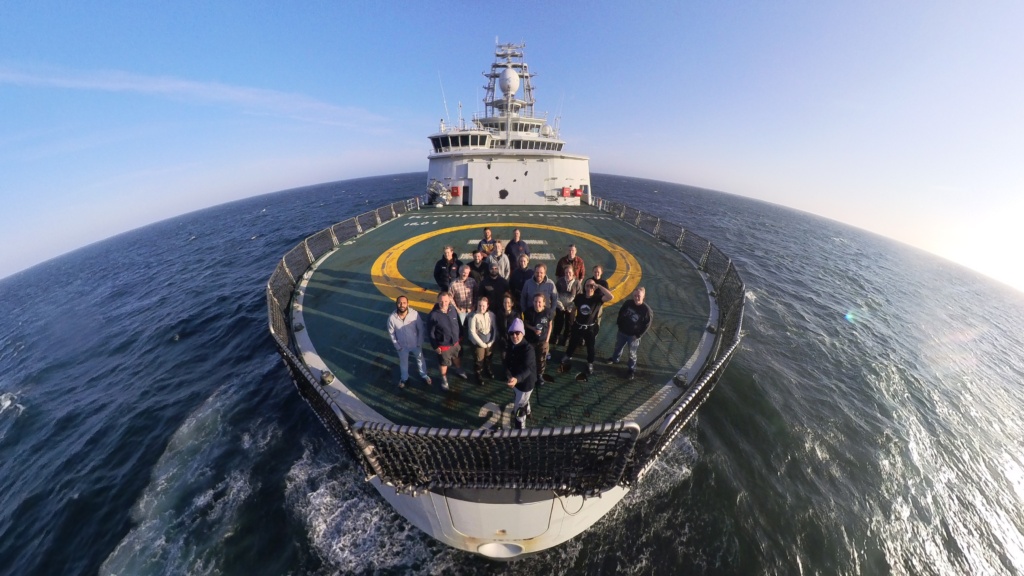The centre will be working towards a holistic approach to sustainable usage of the subsurface of the Norwegian shelf. The goal is to create a value chain that from start to end contributes to the green transition. Activities will cover many research areas in which IFE has cutting-edge expertise – petroleum, environmental technology, energy systems, zero emission production, digitization and society – and also give new knowledge about the subsurface areas, both in regards to utilizing new resources and storage of CO2 that comes from the use of fossil energy sources.
Mail goals for a sustainable development
– The investment adresses the petroleum industry’s challenges in the energy transition period, a new central area for Norwegian industry and society. A solid understanding of the subsurface and the development of new, environmentally friendly technologies for the whole value chain is the key to utilizing the petroleum resources and reservoirs, deep geothermic energy and hydrogen storage below the seabed. This strengthens IFE’s activities and strategic investments for a sustainable future, says divisional director Martin Foss.
IFE has been developed petroleum technology for decades and have been instrumental in building Norway’s oil and gas industry in a profitable socio-economical way. This technology is still important in order to secure Norway’s position as world leading in oil and gas technology. IFE is in possession of advanced infrastructure, such as labs for tracking technology, corrosion, material characterization, geochemical analysis and CO2 streaming. This is infrastructure that will be of great importance for the research at the centre.
The main goal is to close knowledge vacuums and offer solutions to maximize value creation from subsurface recourses in order to reach the goals of zero-emission on the Norwegian continental shelf, says IFE’s research director, Christian Dye
The centre will also:
- Build integrated holistic near field subsurface models in order to increase the reserves and evaluate the potential for geological CO2 and H2 storage and develop new EOR-solutions for improved and accelerated HC-production with a minimal environmental footprint.
- Develop computer-run and machine-learning approaches to integrate characterization of the seabed, quantifying uncertainties and work-flow for management.
- Recommend fields with a high potential for zero-emission production.
- Establish an innovation platform for technology development in collaboration with the industry.
- Attract and teach future scientists and accomplished professionals for the energy transition.
Many partners
The research centre is hosted by the University of Stavanger. In addition to IFE, NORCE and the University of Bergen, the group will collaborate with the University of Tromsø, the University of Oslo and 13 international academic institutions, and Petroleum Research School of Norway.
The Centre includes seven large energy operators on the Norwegian shelf, two large technology suppliers and eight businesses of innovation who will ensure top relevance and societal value.
Press releases (Norwegian text):
Related news
-

5. January 2026
From Idea to Industry: The Innovation Journey of IFE and Oliasoft
In the world of innovation, the most significant changes often begin with a simple…
-

25. November 2025
The WellFate Project Releases New Video on the Challenges of Old Offshore Wells
The Reservoir Department at IFE has published a new video that highlights an important…
